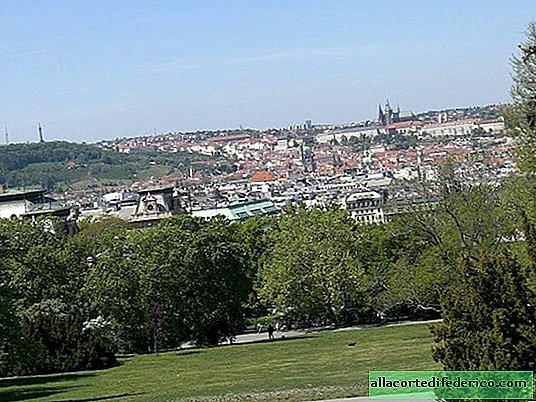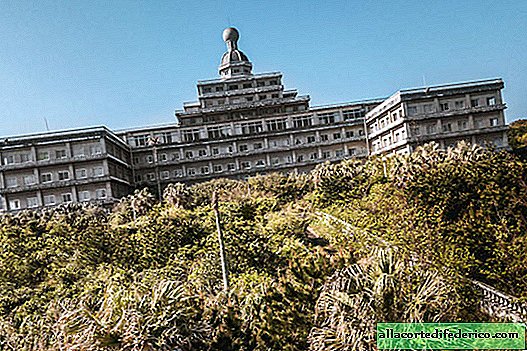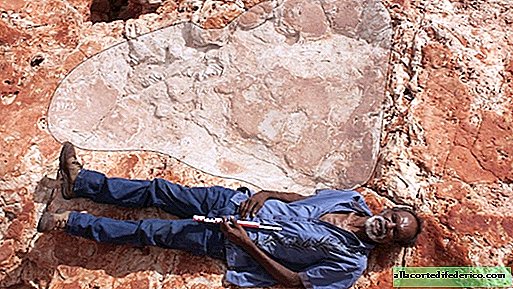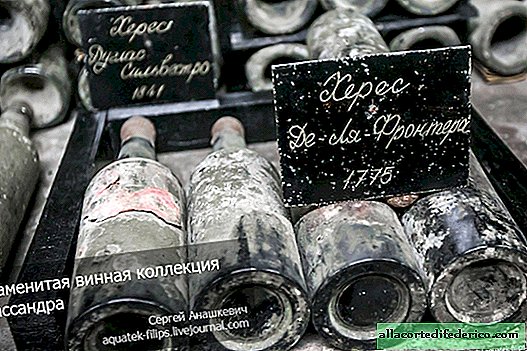The people of pirakhan: the happiest people who live in the present and do not think about the future
These unusual people seemed to have frozen in time in the literal sense of the word, since they live only today. Pirakhanes have no idea yesterday or tomorrow, they do not keep a calendar, do not store food, and sleep is considered one of the main troubles in life. These Indians are afraid to sleep, change their name every few years and at the same time consider themselves the happiest people on Earth.

The Pirahan Indians, or Piraha, are a tribe of hunter-gatherers who live on the Maisi River in the Brazilian state of Amazonas. The size of this people is small - only about 400 people. But the interest in them from linguists and ethnographers is very great, because the Pirakhan tribe has several amazing features at once.
It cannot be said that the Indians of Pirakhan can completely do without sleep, because sleep is the most important condition for the existence of the human body. But they are afraid of long sleep, so they sleep for 20-30 minutes several times a day. Pirakhan believe that sleep carries a lot of trouble, it takes away strength, people age from it and can wake up a completely different person. In addition, the Amazonian selva is full of dangerous snakes in front of which the sleeping person is defenseless.

The pyrahan lacks the concept of time, which anyone who lives in a civilized world can envy. They are in no hurry, do not have a clear daily routine, and always have time for everything. Because there is only a temporary concept now, and tomorrow and yesterday not. Although they have a sense of age, because every few years the pirakhan take a new name for themselves, which corresponds to a new period in their life. They only believe in what they themselves see what is happening here and now. For this reason, several generations of missionaries have not been able to convert them to Christianity: why accept a new faith for the future salvation of the soul, because the future does not exist. And the stories about Christ were perceived by them with difficulty, because none of the pirakhanas saw him, that is, he does not exist here in the present tense, and none of the missionaries personally met him, so his existence aroused a lot of doubt in them.
Due to the peculiar perception of time, this unusual people lacks a culture of storing food products for future use. They immediately eat all the fish that they caught or all the nuts and fruits that they collected in the forest. Pirakhan believe that when they want to eat, they will go and find new food for themselves, so there is no point in storing it. In addition, they generally do not regard food as something important and necessary. If you could not find anything for lunch, then you can not have lunch, but eat, for example, tomorrow, when you can catch the fish.

No less interesting is the attitude of the pyrahan to property or resources. They do not have the concept of property as such, the Indians have everything in common, and therefore there is no enmity on the basis of the redistribution of the benefits of life. Common food and tools, a common land on which everyone grows what he wants, a common river where everyone can fish for himself. Such a seemingly primitive nature of society has led to the fact that the pyrahan has no social hierarchy. There is no power top of the tribe that manages property, all are equal to each other. Perhaps for this reason, researchers have noted the amazing buoyancy of the Pirahan Indians. In their tribe there is no envy, anger, theft, murder and intrigue, the Indians are not stressed and do not suffer from depression.
Such an easy attitude towards life extends to family ties. A husband can safely go to another wife if he decides that his companion is no longer suitable for him. Women are free in their actions.

But the language of pirakhan, despite the presence of only three vowels and seven consonants, is not so easy to master. It contains whistling and hissing sounds, as well as the tonal coloring of sounds, which makes their meaning change. Linguist Daniel Everett, who lived with the tribe for several years, was one of the few who managed to learn their incredible language. To the numerical concepts of pirakhan is also a special relation. They distinguish the concept of several and many, a clear boundary between which also does not exist.
Despite the fact that the pyrahan communicate with some neighboring tribes and even make contact with Brazilian social services, they do not show interest in the achievements of modern civilization. And the way of life of modern people is incomprehensible to them: how much you can sleep and spend so much time on food.


















